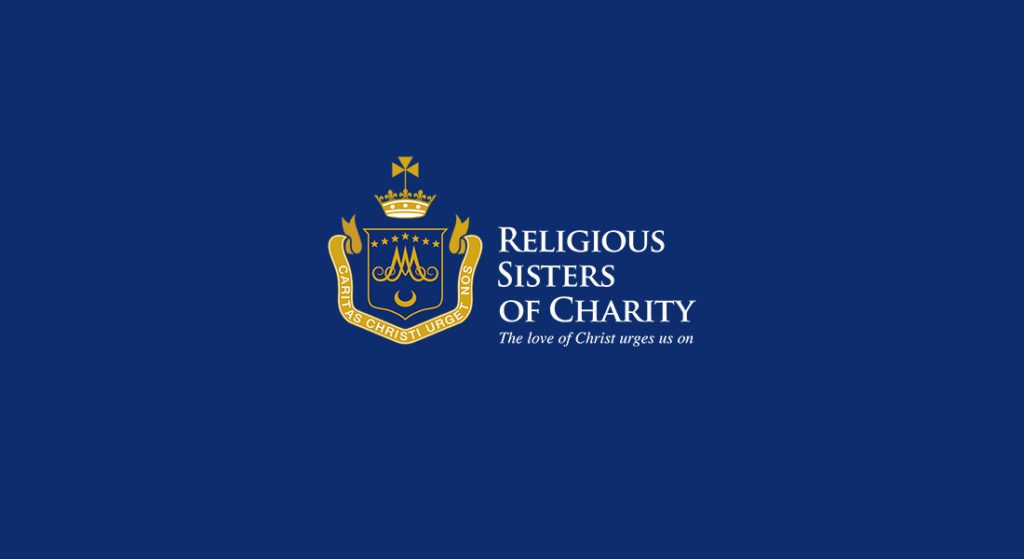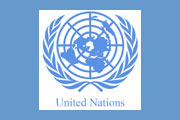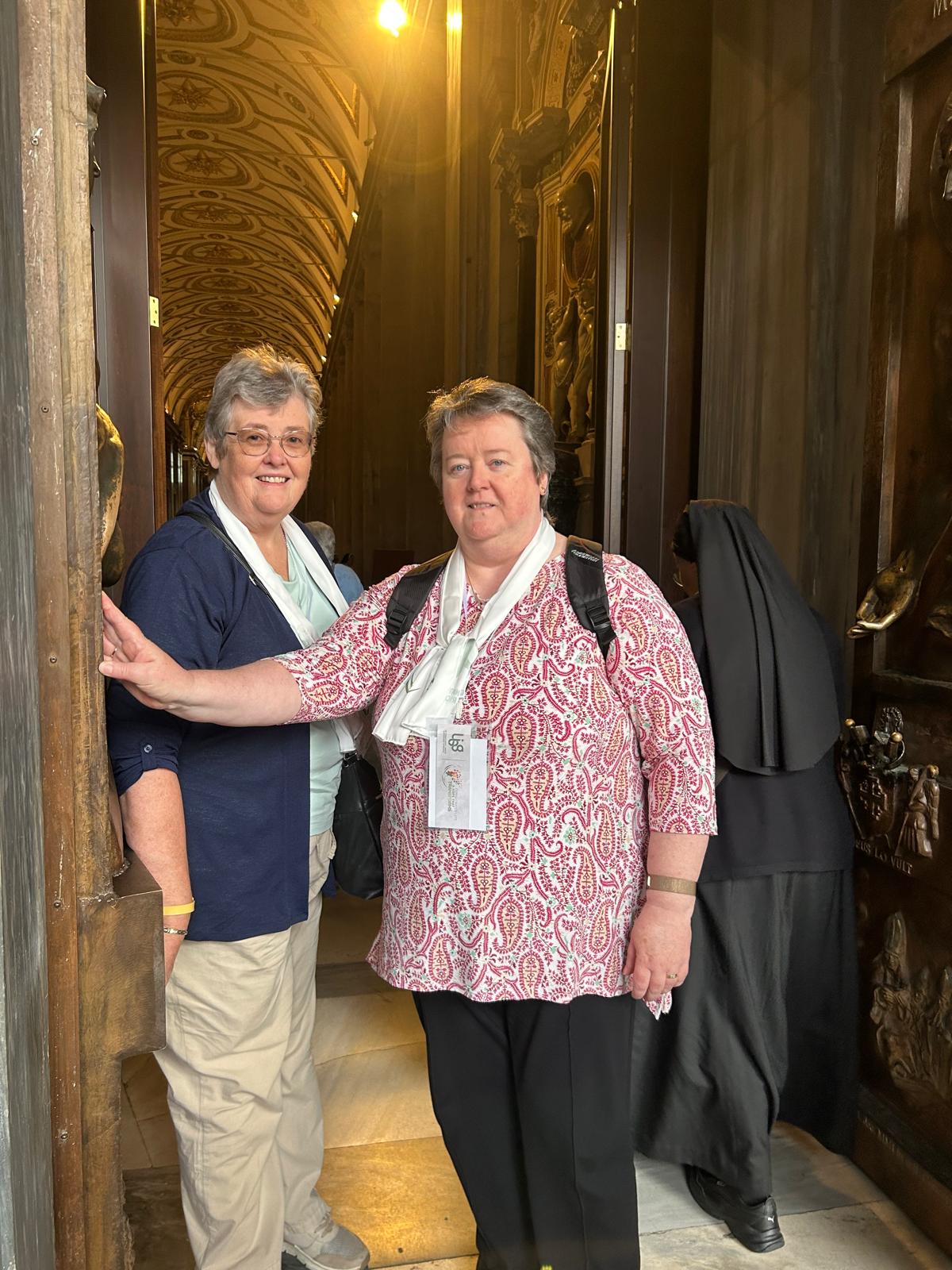
 The United Nations has declared today, 25 November 2009, as the International Day for the Elimination of Violence against Women. Gender-based violence is devastating the lives of millions of women at home and throughout the world, as their rights and dignity are denied and violated in horrific ways that include rape and sexual violence, domestic violence and the denial of their freedom and right to participate in society.
The United Nations has declared today, 25 November 2009, as the International Day for the Elimination of Violence against Women. Gender-based violence is devastating the lives of millions of women at home and throughout the world, as their rights and dignity are denied and violated in horrific ways that include rape and sexual violence, domestic violence and the denial of their freedom and right to participate in society.
To mark this international day the Irish Commission for Justice and Social Affairs calls on the Government to:
• Create a national vice-squad within An Garda Síochána to track down the traffickers and rescue their victims. Whilst a specialist team exists in Dublin, this should be a national squad to counteract the use of modern technology, such as mobile phones and the internet, which facilitates the anonymity of the perpetrators of this crime, and consequently of its victims.
• Put in place stronger measures, as advocated by Ruhama and the Immigrant Council of Ireland, to address the demand for “sexual services” that drives the trafficking of women and young girls into Ireland for sexual exploitation. Those who purchase “sexual services” should be criminalised, while the women and girls found to be providing such “services” should be offered support and assistance.
• Ratify international legislation, specifically the UN Protocol to Prevent, Suppress and Punish Trafficking in Persons, Especially Women and Children (2000) and the Council of Europe Convention on Action against Trafficking in Human Beings (2005), that would enshrine our commitment as a nation to providing the highest possible level of protection and support for the victims of trafficking.
• Protect the existing programmes in developing countries, supported by Irish Aid, that address the factors that cause women and girls to fall victims to traffickers. Consideration should also be given to the possibility for further expansion of this work in programmes specifically targeted at the prevention of trafficking.
Notes for Editors
1. The role of the Irish Commission for Justice and Social Affairs (ICJSA) is to support the Irish Catholic Bishops’ Conference in promoting the social teaching of the Church and to advise on issues of social concern, both nationally and internationally. Its mission is: “To promote the social dimension of the Gospel with a view to building a civilisation of love”. For more information on the ICJSA and on today’s call for new measures to protect women from the violence of trafficking see dedicated feature on the homepage www.catholicbishops.ie
2. This statement draws on recent research from the Immigrant Council of Ireland (Globalisation, Sex Trafficking and Prostitution: The Experiences of Migrant Women in Ireland, 2009 ICI) and Ruhama (Biennial Report 2007/2008) and highlights in particular:
(i) The current extent of this problem in Ireland (with 102 victims identified by the Immigrant Council of Ireland in its 2009 report);
(ii) The need to put in place legislation that will ensure that victims of trafficking receive the support to which they are entitled;
(iii) The need to take steps to address the demand that fuels this “trade”;
(iv) The need for a targeted approach to the investigation of human trafficking leading to prosecution of the perpetrators;
(v) The need to address the root causes of human trafficking, particularly through our Overseas Development Aid programme.
3. The ICJSA is based in the Columba Centre, Maynooth, Co Kildare. It is chaired by Bishop Raymond Field, Auxiliary Bishop of the Archdiocese of Dublin, and its Research Coordinator is Ms Nicola Rooney.
4. The Conference of European Justice and Peace Commissions is a network of 31 Justice and Peace Commissions from all over Europe, mandated by their Bishops’ Conferences to speak out on social justice issues. Its website is: www.justpax-eu.org.
5. The declaration for the 2009 Concerted Action on Human Trafficking is available at: http://www.juspax-eu.org/en/themes-and-activities/concerted-action/CA2009_final.pdf
Further information:
Martin Long, Director of Communications ( 086 172 7678 086 172 7678 )






